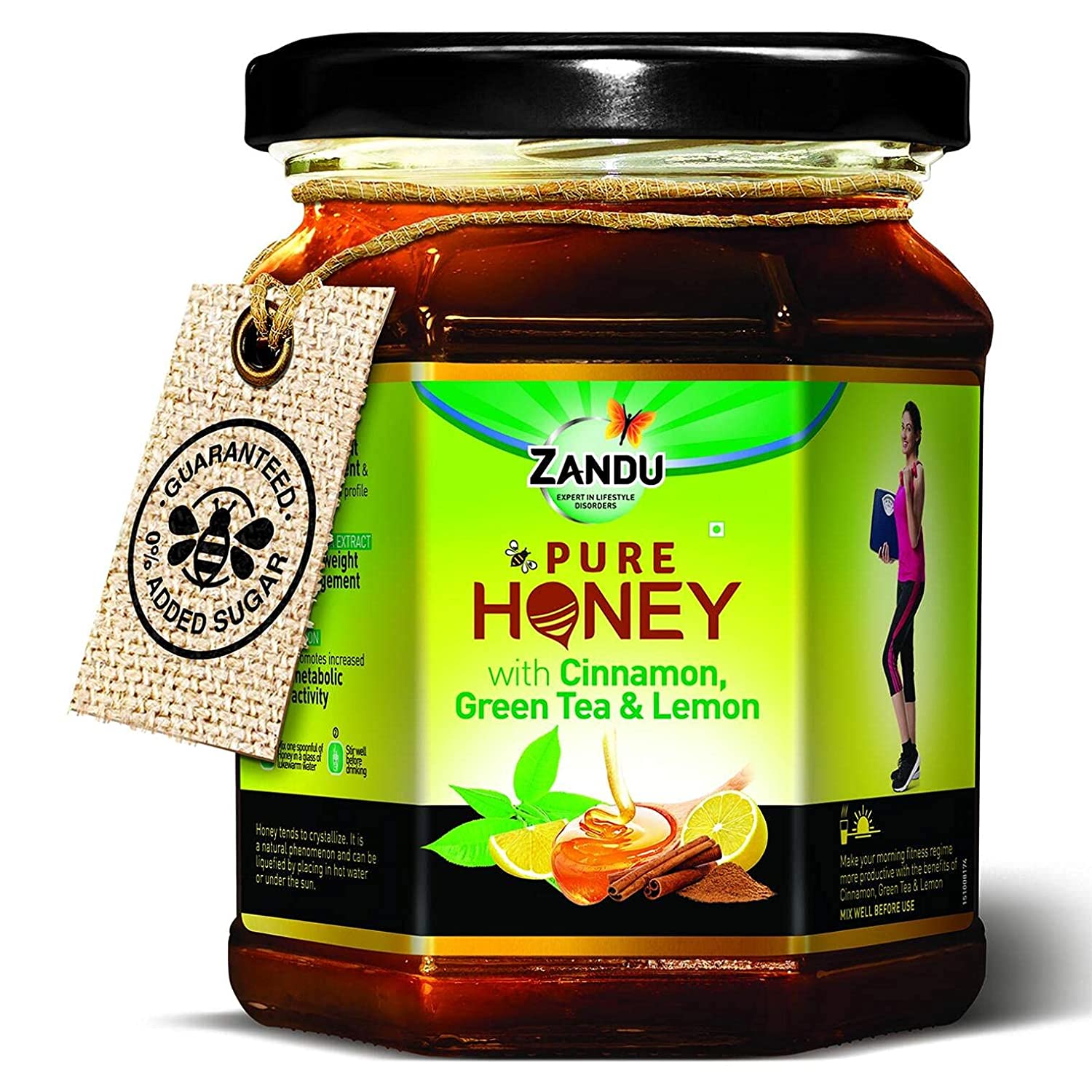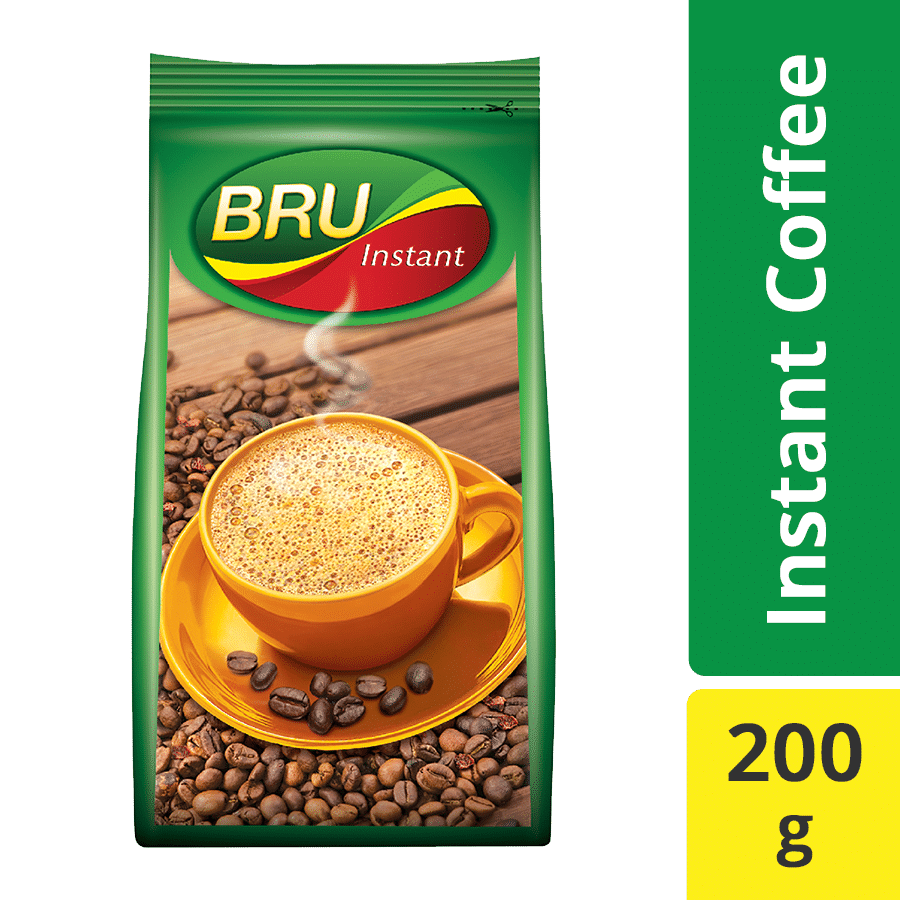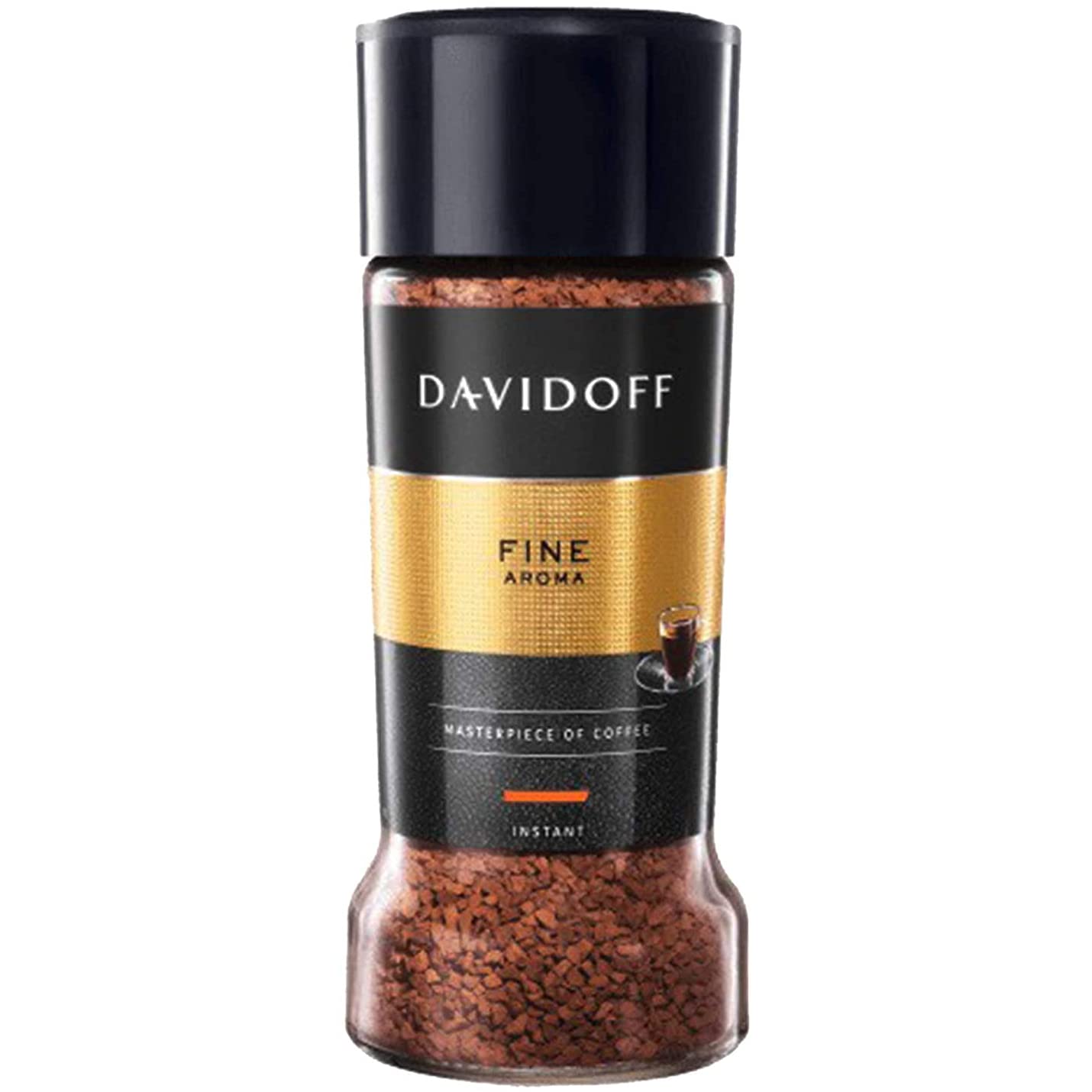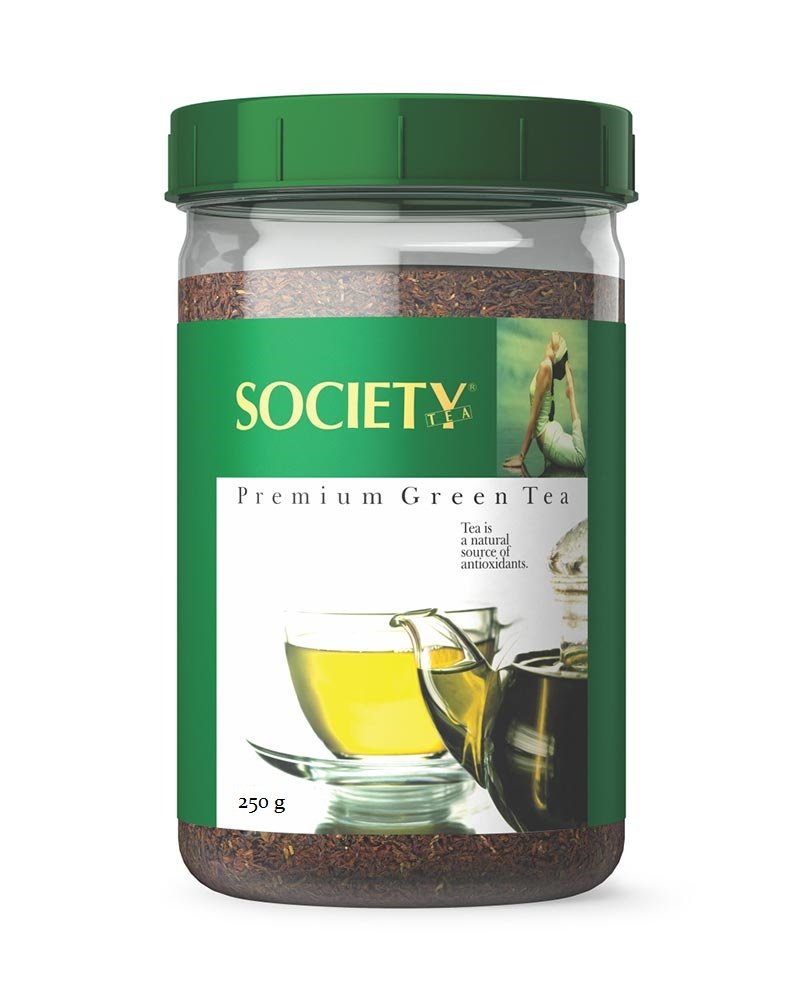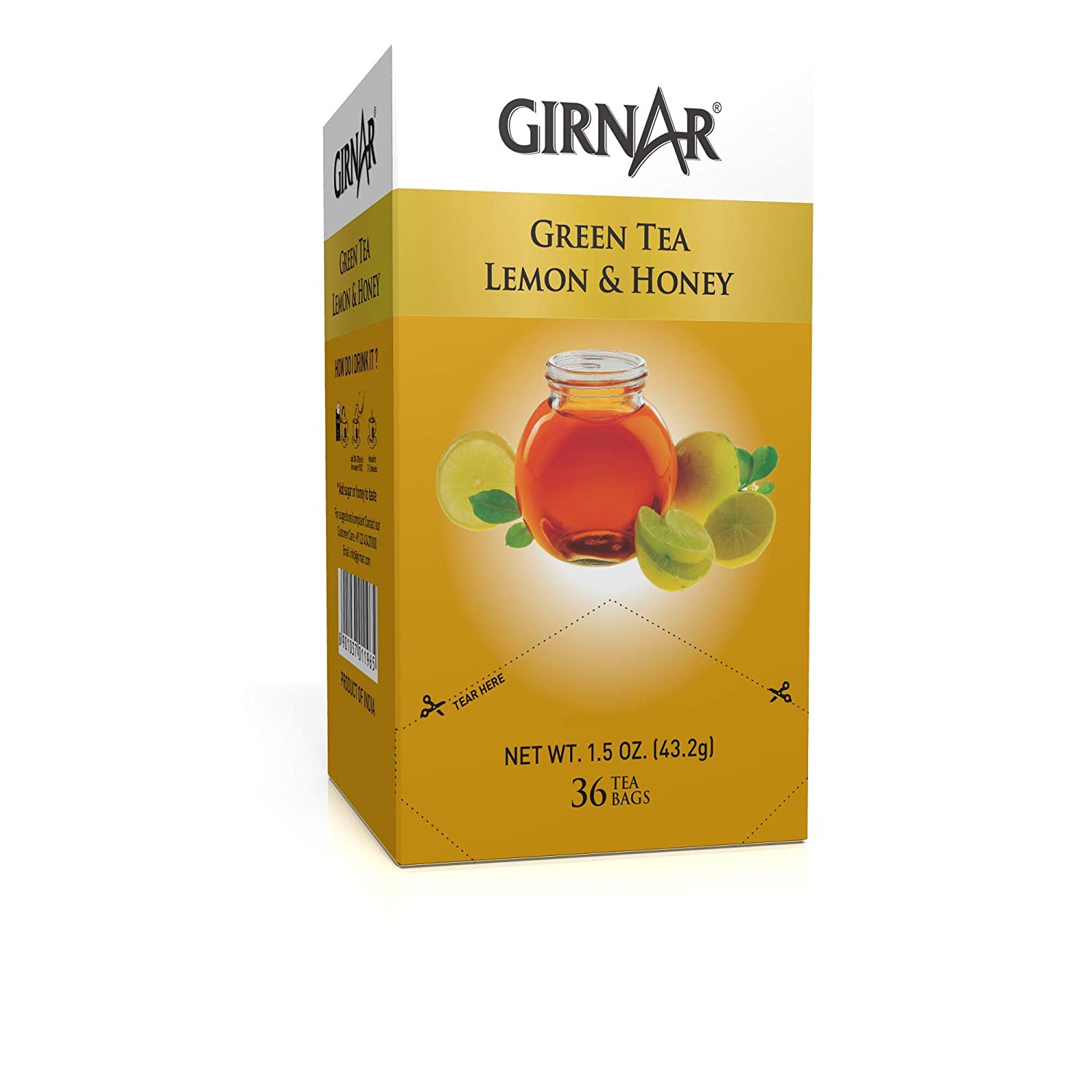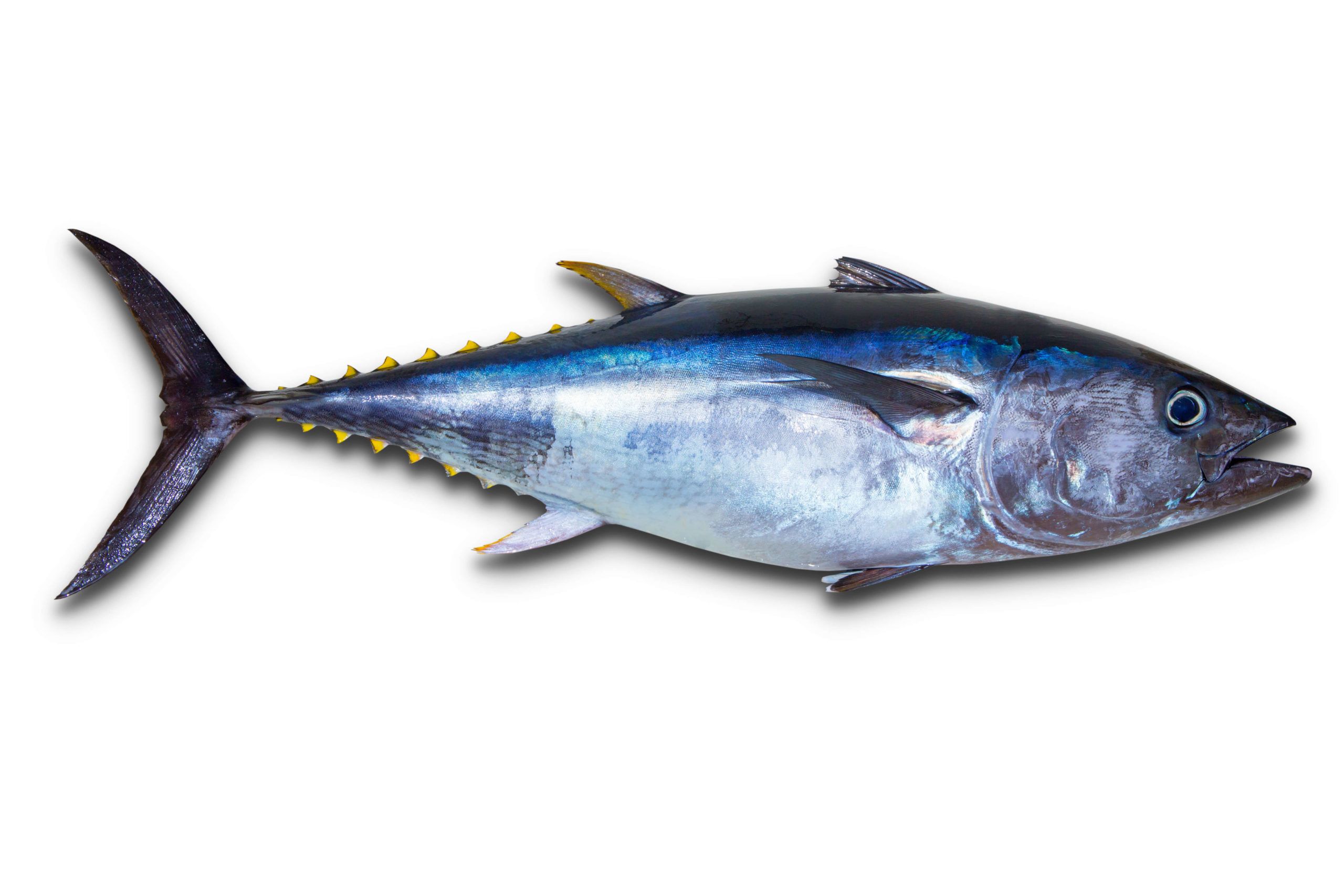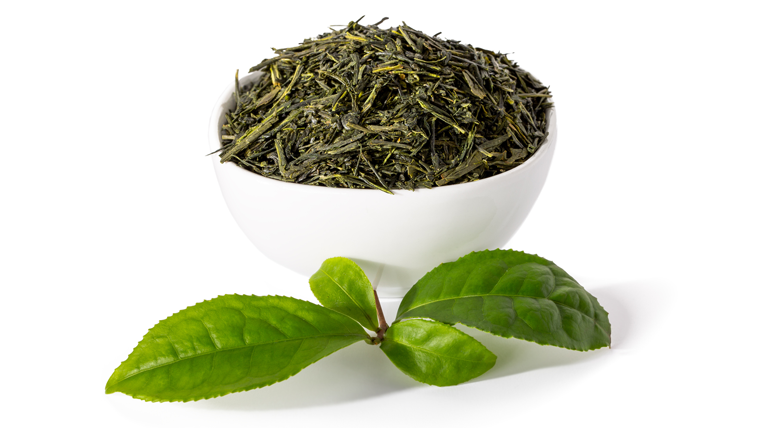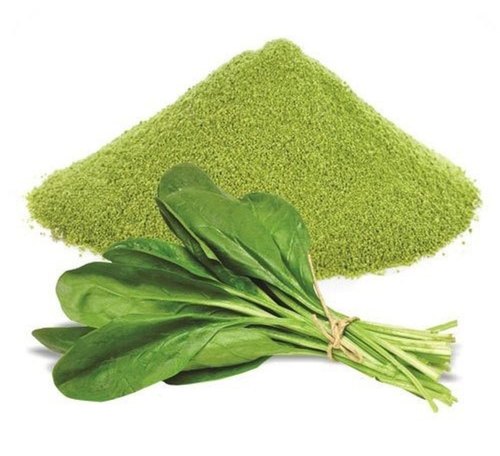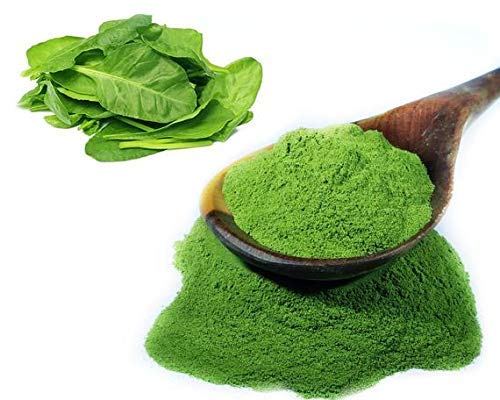Published Date January 24, 2003
Heart-Healthy Foods You Should Be Eating
By Naurin Ansari
3 min read
Last update date: January 24, 2003
All about chia seeds, flaxseeds, coffee, Green tea and heart-healthy foods.

One-third of all deaths worldwide are caused due to heart disease. Diet plays a major role in heart health. Certain foods can influence blood pressure, triglycerides, cholesterol levels and inflammation, all of which can lead to serious heart ailments. Here are some foods great for heart health.
Chia seeds and flaxseeds
Chia seeds and flaxseeds are rich plant-based sources of omega-3 fatty acids, such as alpha-linolenic acid. Omega-3 helps reduce triglycerides, LDL (bad cholesterol), and total cholesterol levels. It also helps to reduce blood pressure and minimize the formation of fatty plaques in the arteries too. It has been proved that sufficient intake of Omega 3 can indirectly reduce the chances of arrhythmias and thrombosis.
Coffee
A study suggests that consuming coffee on a regular basis may lower the risk of heart failure and stroke.
Oatmeal
Oatmeal is rich in soluble fibre and this may help reduce the risk of heart disease. A 2008 review of the evidence concluded that oat-based products significantly help to reduce LDL and total cholesterol without any adverse impacts.
Tomatoes
These little red fruits are a good source of fibre, potassium, vitamin C, folate, and choline, which are all good for heart health. Potassium also benefits muscles and bones and helps prevent kidney stones from forming. Many experts have argued that increasing the intake of potassium while decreasing sodium intake is the most important dietary change when attempting to reduce the risk of heart disease.
Green tea
A systematic review conducted in 2011 revealed that consuming green tea is linked to a slight reduction in cholesterol, which is a significant contributor to stroke and heart disease. However, the review couldn't determine the exact amount of green tea intake needed to achieve health benefits, making the claim somewhat uncertain.
Nuts
There are many heart-healthy nuts like almonds, hazelnuts, peanuts, pecans, pistachios, and walnuts. These nuts are a rich source of protein, fibre, minerals, vitamins, and antioxidants. Like fish and flaxseeds, walnuts are also rich in Omega-3 fatty acids, making them a heart-healthy snack to have on the go.
Spinach
Spinach is considered to be the best source of dietary magnesium and is associated with a raft of health benefits. You can help maintain a healthy heart rhythm by just consuming an adequate amount of magnesium (which spinach is a rich source of).
Fish high in Omega-3s
Fish is a strong source of heart-helping Omega-3 fatty acids and protein and is low in saturated fat.
People who have heart disease, or are at risk of developing it, are often recommended to increase their intake of Omega-3s by eating fish; this is because they lower the risk of abnormal heartbeats and slow the growth of plaque in the arteries.
Asparagus
Asparagus is a good source of folate, which helps prevent the build-up of an amino acid called homocysteine. High homocysteine levels have been linked with an increased risk of heart-related conditions, such as coronary artery disease and stroke. Thus consumption of asparagus is considered good for heart health.
Berries
Berries are considered to be a great source of antioxidants called polyphenols, which helps to reduce heart disease risk. Along with that, berries are a great source of fibre, folate, iron, calcium, vitamin A, and vitamin C, and they are also low in fat.
Takeaway
Foods such as berries, chocolate, asparagus, spinach, oatmeal, fish, and seeds have been found to contribute to maintaining a healthy heart. These foods have a positive effect on various risk factors for heart disease, including blood pressure, triglyceride levels, cholesterol levels, and inflammation.
Keep reading
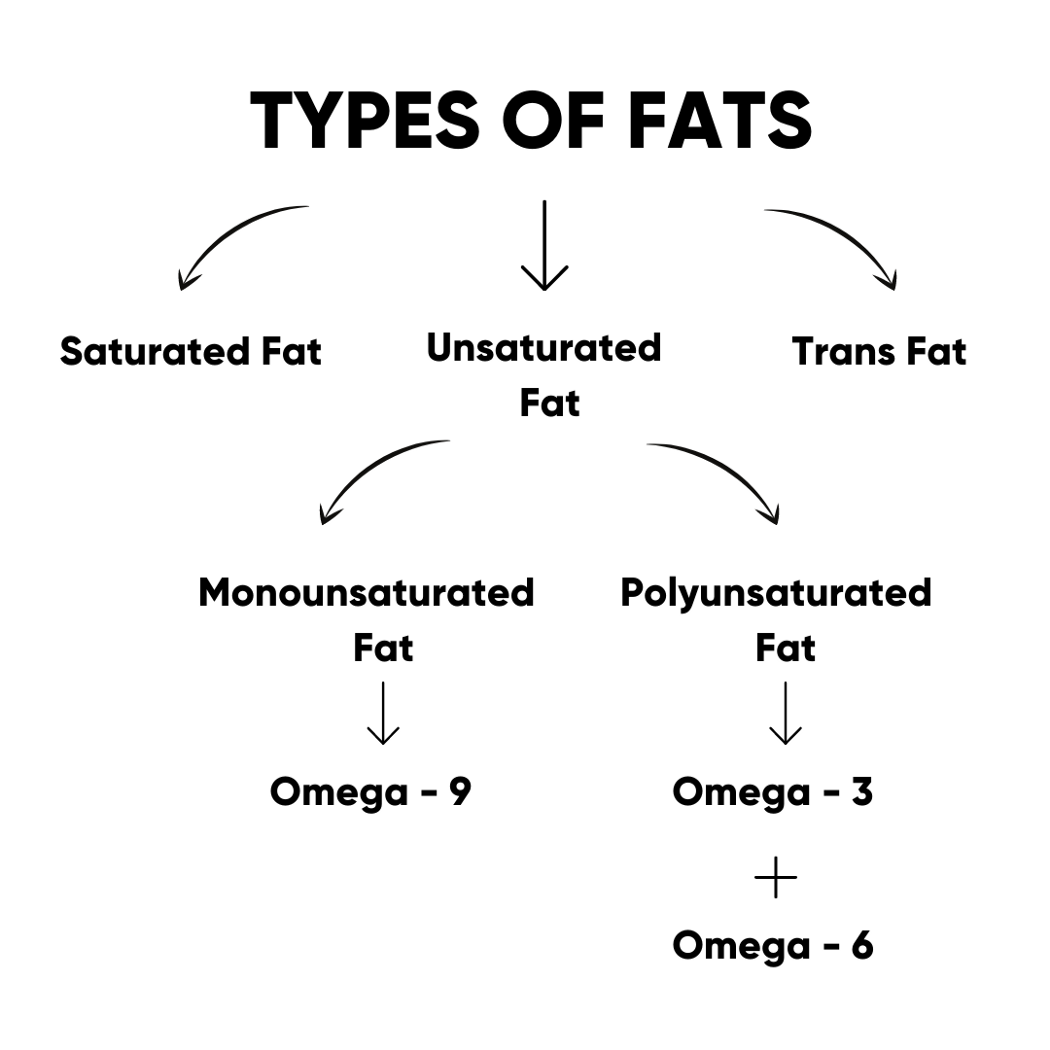
Healthy High-Fat Foods to Keep You Full and Satisfied
All about monounsaturated fats, polyunsaturated fats,omega-3 fatty acids and high-fat Foods.
By Arpita Sudev
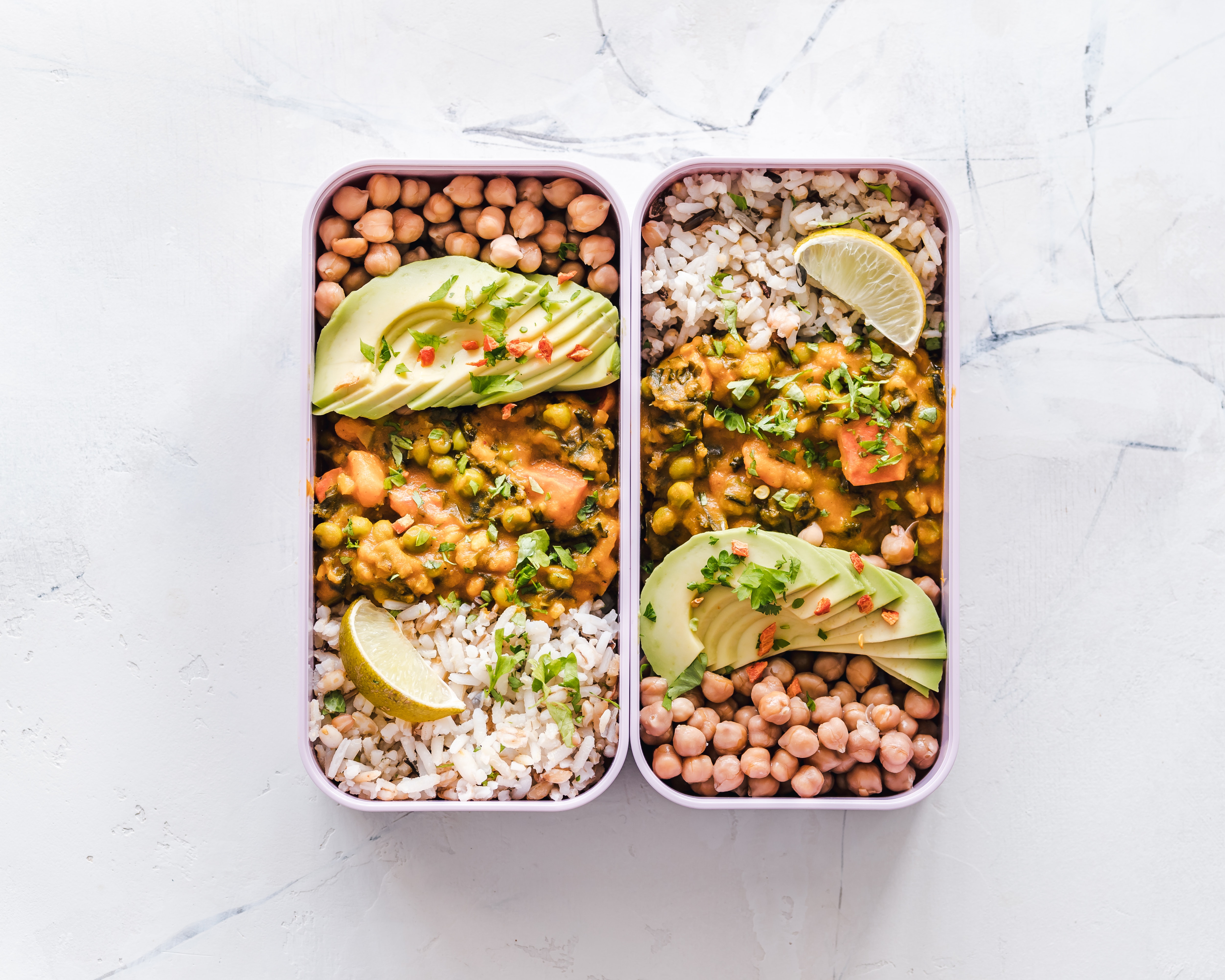
Foods Healthy Vegans Must Eat
A plant-based diet lacks quite a few essential nutrients. For a vegan to not develop a deficiency, they must ensure that they nourish themselves with available plant-based foods and fill the void left by animal-based food.
By Hetvi Shah

Beat the Heat with Healthy Summer Foods
By Naurin Ansari

What to look out for in foods if you have cholesterol
All about avocados, whole grains, HDL, LDL and cholesterol
By Naurin Ansari
Related Items
Choose Healthy With Us.
Know the real truth about your food. Stay informed and healthy, for free.

Download the App Now
Certified nutritionists trust our food recommendations. Safe to say, so can you :)





